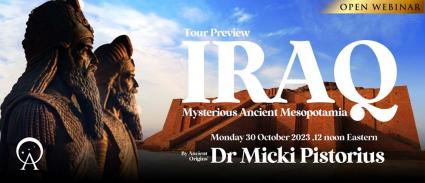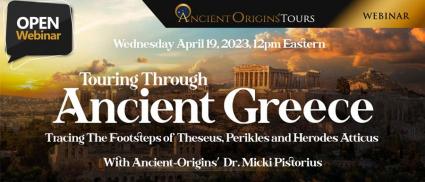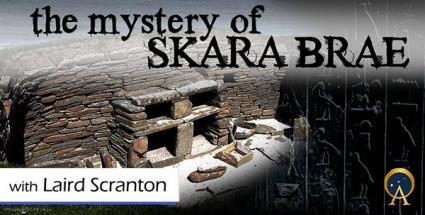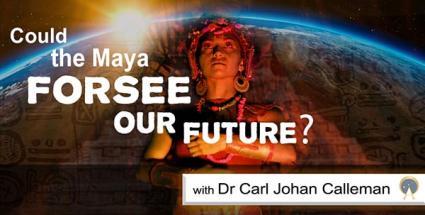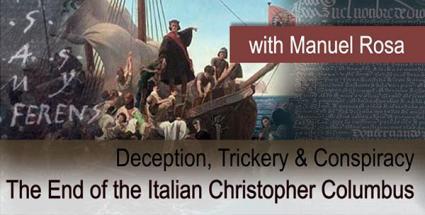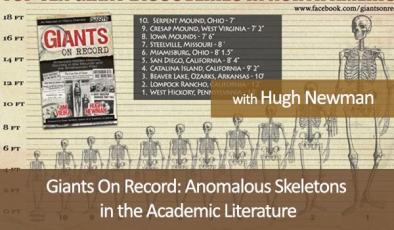Ancient Origins’ Dr Micki Pistorius takes you on a virtual preview of the sites of Iraq. Starting at the ancient Marshland settlements in the south where the Euphrates and the Tigris fused , bordering the Persian gulf, we travel up along the two rivers, crisscrossing the Fertile Crescent, until we reach the citadel of Erbil in the north, incorporating several epochs dating from 8,000 years ago, up to modern Baghdad.
Between the Tigris and the Euphrates, memories of mysterious Mesopotamia, envelop the sun-baked ruins of ziggurats, temples, palaces, cities, and irrigation canals, where gods took the hands of kings, to rule, to make war, to worship, to love and eventually to ruin. Called the Cradle of Civilization, this is the land of the Sumerians, the Akkadians and the Babylonians, which today is called Iraq. The Ubaid period, starting around 5000 BC, marked the earliest known settlements in the region, characterized by villages and the development of agriculture and draining of marshes in the fertile crescent.
The Sumerian civilization emerged around 3500 BC and brought significant advancements in agriculture, governance, urbanization, and the creation of the world's first writing system, cuneiform. They built ziggurats as dwellings for their tutelary gods and elaborate palaces. This era is renowned for city-states such as Eridu, Larsa, Ur, Uruk, Lagash, Nippur, Nimrud and Kish.
The Old Akkadian Empire, led by Sargon the Great during the 24th century BC, united Mesopotamia under one rule, subjugating the entire Fertile Crescent, marking a critical shift in the region's history. It laid the foundation for the Akkadian language's dominance and the spread of cuneiform script. He is regarded as the first Emperor and was succeeded by his grandson Naram Sin. We visit Ashur and Nineveh, two of the Old Akkadian cities.
Then there was a Sumerian revival period of the Third Dynasty of Ur and the Isin-Larsa Period, whilst Babylon was on the rise.
The Old Babylonian Empire, existing from the 18th to 16th centuries BC, was a significant Mesopotamian civilization centered in Babylon. It was known for its code of laws, the famous Code of Hammurabi, and advancements in mathematics, astronomy, and literature.
The Neo-Assyrian Empire was founded around 911 BC and the most significant expansion and consolidation of the empire occurred under Tiglath-Pileser III (745-727 BC) and later rulers such as Tiglath-Pileser III, Sargon II, Sennacherib, Esarhaddon, and Ashurbanipal who were some of the prominent Neo-Assyrian monarchs.
The Neo-Babylonian Empire was founded in 626 BC by Nabopolassar, who led a successful rebellion against the crumbling Neo-Assyrian Empire and he eventually established an independent Babylonian state. The most famous ruler of the Neo-Babylonian Empire was Nebuchadnezzar II, who reigned from 605 to 562 BC. The Neo-Babylonian Empire is known for its cultural achievements, including the construction of the Hanging Gardens of Babylon, one of the Seven Wonders of the Ancient World.
The Persian era, initiated by Cyrus the Great's conquest in the 6th century BC, saw the integration of Mesopotamia into the Achaemenid Empire. It brought a new level of administrative sophistication to the region.
Then the region was conquered by Alexander the Great, divided by the Diadochi, introducing the Seleucid period, and Seleucia on the bank of the Tigris. This period was followed by the conversion to Islam and the first century Caliphates. The Al Ukaider Fortress is a massive monument to the Abbasid dynasty. Ctesiphon was the capital of the Parthian empire and Wasit dates to the Umayyad period.
These historical epochs collectively shaped Mesopotamia into a dynamic and influential region in the ancient world, with contributions that resonate through the annals of human history.
In Baghdad we visit the National Museum of Iraq, and marvel at the collection of priceless artifacts, many being recovered after looting during the Iraqi war. We stroll through Baghdad’s famous copper markets for old fashioned bartering. We also visit an Abassid palace, and the Abu Dulaf Mosque in Samarra,
We end in the north, strolling through the old markets of the ancient citadel of Erbil.
 Dr. Micki Pistorius editor of the Premium Ancient-Origins has doctorate’s degree in Psychology and an honors degree in Biblical Archaeology. She is an Ancient Origins tour leader where she blends mythology and history into a rich tapestry and bring the stones to life!
Dr. Micki Pistorius editor of the Premium Ancient-Origins has doctorate’s degree in Psychology and an honors degree in Biblical Archaeology. She is an Ancient Origins tour leader where she blends mythology and history into a rich tapestry and bring the stones to life!



